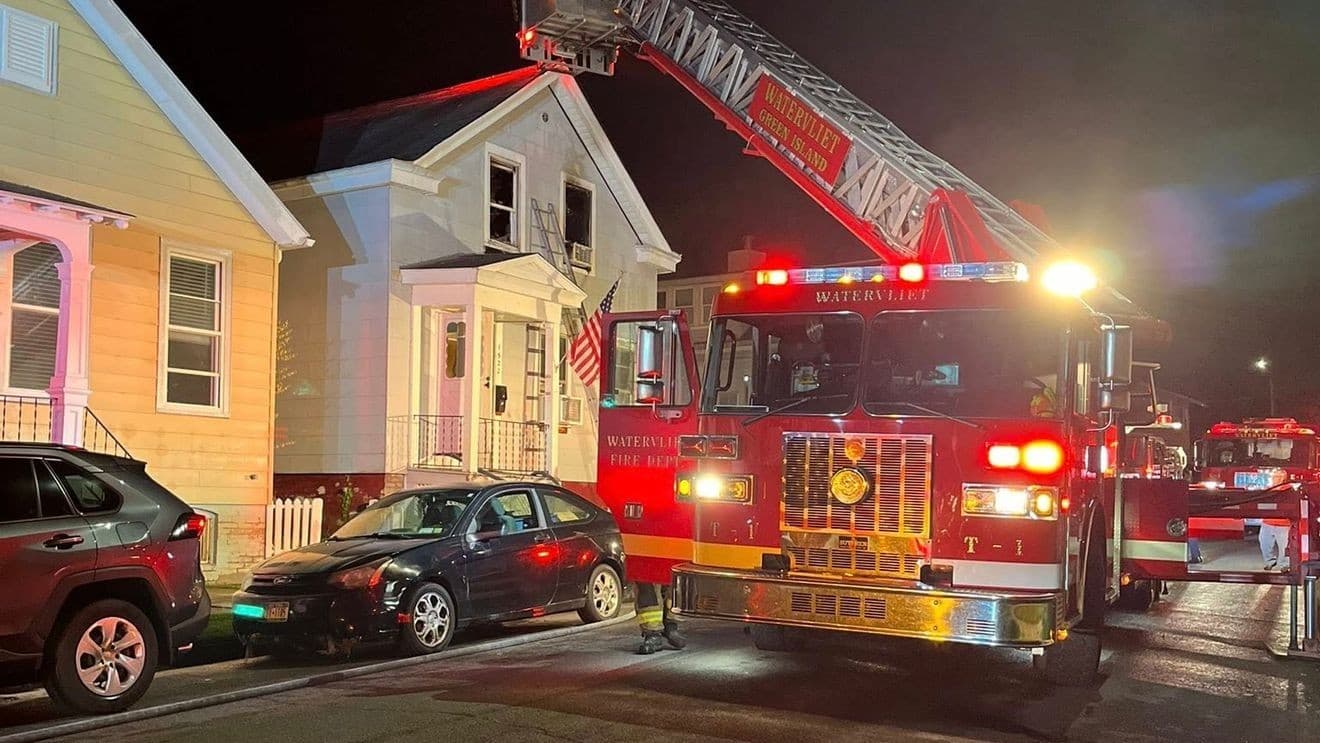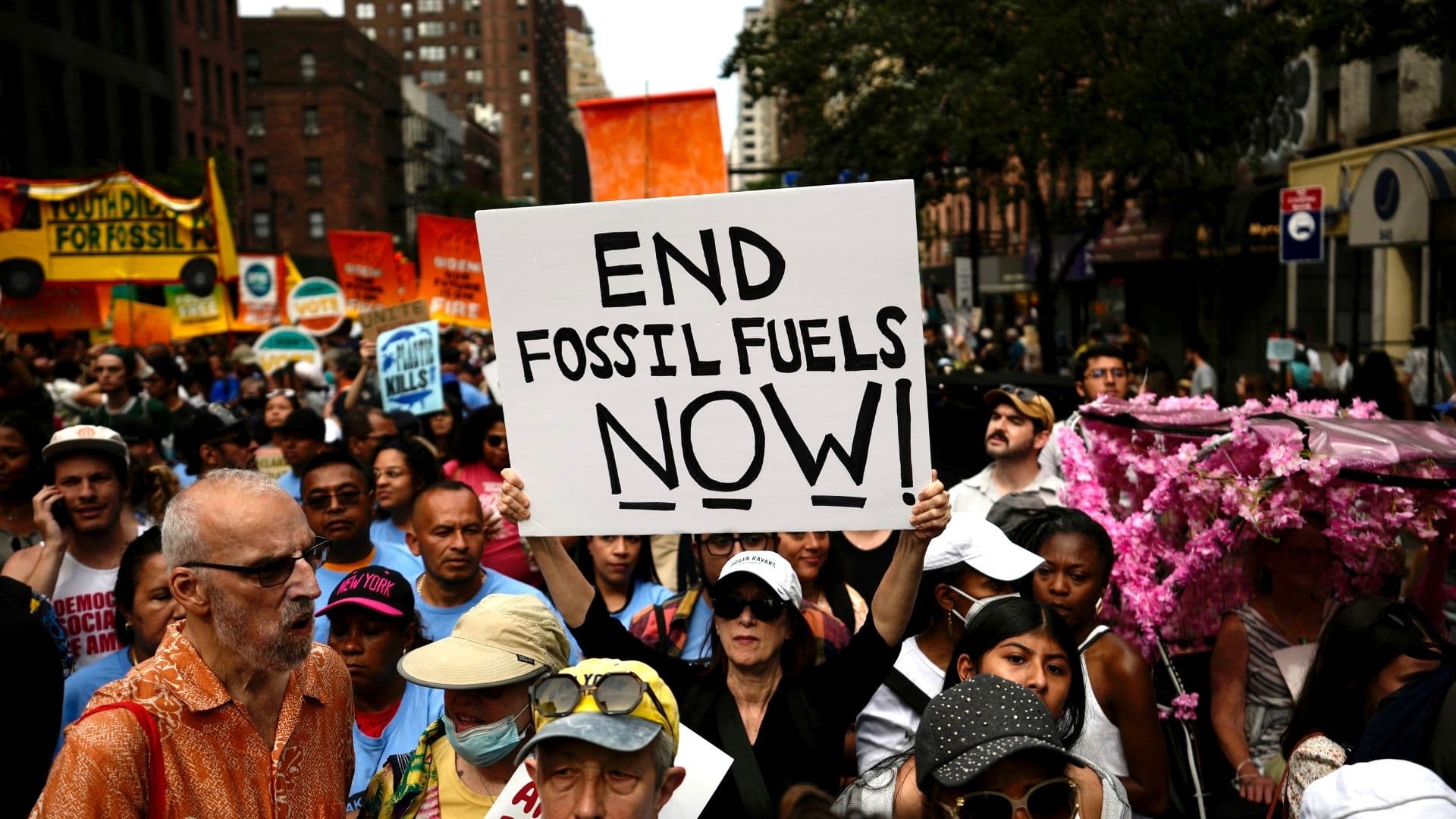Fire at COP30 pavilion forces evacuations, disrupts crucial talks
A fire broke out at a pavilion during COP30 climate negotiations on November 21, 2025, forcing evacuations and interrupting scheduled plenaries and bilateral meetings. Organizers say emergency services responded rapidly and no fatalities were reported, but the incident has raised fresh concerns about security and logistical readiness at the conference venue.

A blaze erupted at a pavilion during COP30 on November 21, 2025, prompting the rapid evacuation of delegates and temporarily halting parts of the climate negotiations that are expected to deliver decisions on emissions reductions and adaptation finance. Reuters reports that organizers confirmed emergency responders were on the scene quickly and that no fatalities were recorded. Several delegates were treated for smoke inhalation or minor injuries and then released.
The interruption affected a number of scheduled plenaries and bilateral meetings, delaying sessions intended to build momentum toward consensus text on finance and loss and damage. Organizers mobilized contingency plans to keep the wider negotiating process on track, shifting some informal consultations to alternate spaces and adjusting the timetable for working groups while emergency services secured the affected area. Officials said an investigation into the cause of the fire would be conducted.
Beyond the immediate human and logistical consequences, the incident has injected anxiety into an already tense negotiating environment. Some delegations expressed concerns about security and logistical preparedness at the conference venue, noting that any disruption can disproportionately burden smaller delegations and negotiating coalitions that operate on tightly scheduled timetables. The capacity to convene private bilateral talks and informal corridor diplomacy is often decisive in late stage negotiations, and interruptions raise the risk of delays in finalizing sprawling political agreements.
The episode also raises questions about host responsibilities and safety standards at international conferences. Under established practice for United Nations bodies and their conferences, host authorities and organizers carry duty of care obligations for visiting delegations. An inquiry into the cause of the fire is likely to examine compliance with venue safety protocols, coordination between event organizers and local emergency services, and the adequacy of evacuation and medical response arrangements.
Diplomatically the timing is sensitive. COP30 negotiators are wrestling with complex and politically charged items that require face to face exchanges, trust building and last minute trade offs. Any sustained delay could complicate the algebra of compromise, particularly on issues where resource transfers are at stake. Observers note that even brief interruptions can sharpen fault lines between high emitting countries and vulnerable states dependent on timely delivery of finance and technical support.
Organizers emphasized plans to minimize disruption and to resume formal negotiations as soon as safety clearances are complete. For delegates, the incident is a reminder of the practical difficulties that accompany global diplomacy held in concentrated venues, and of the need for resilient arrangements that protect both people and the fragile processes that underpin international climate action. The investigation into the origin and handling of the fire is expected to be a focal point in the coming hours and days as work proceeds to salvage the schedule and preserve the momentum of COP30.

